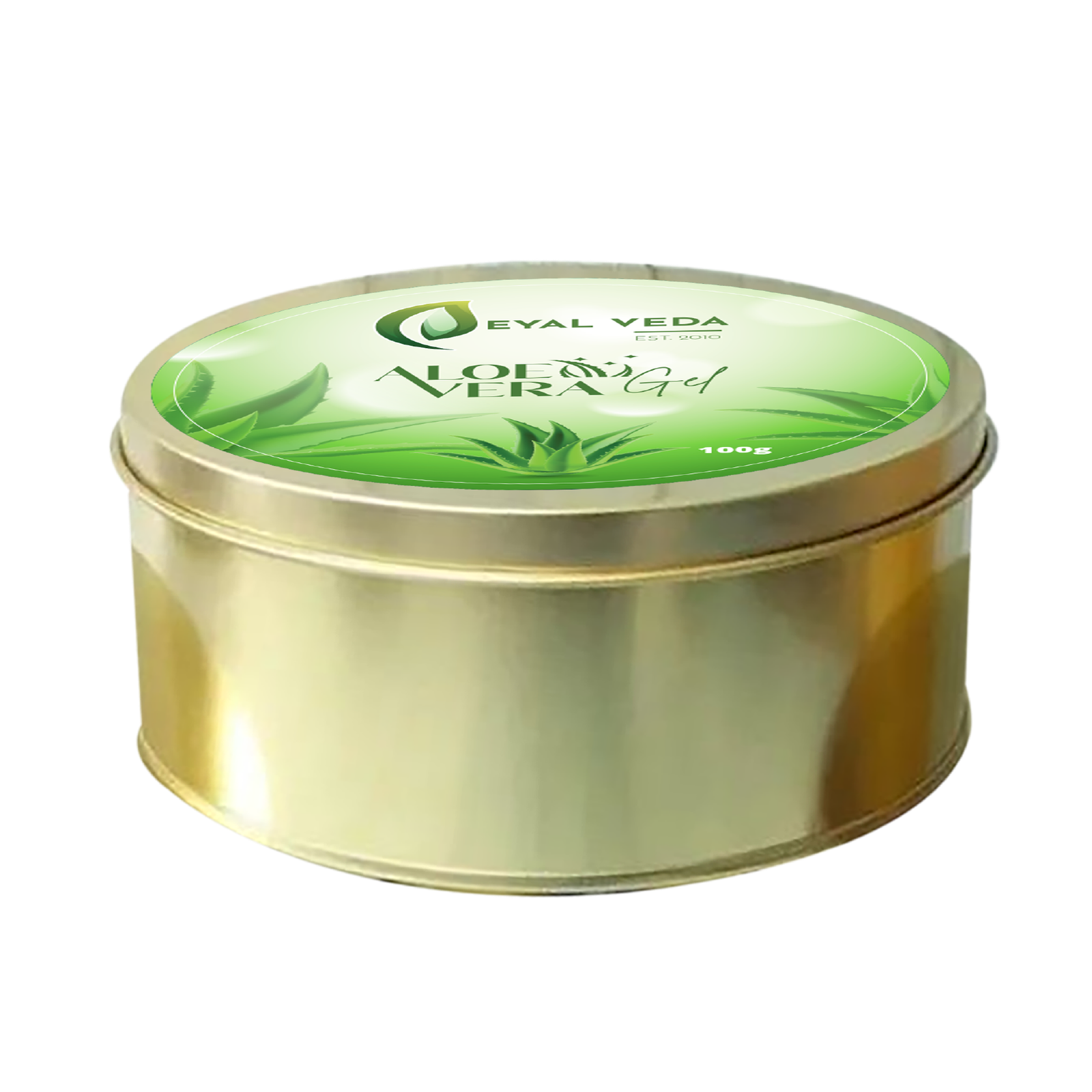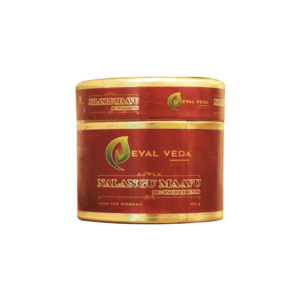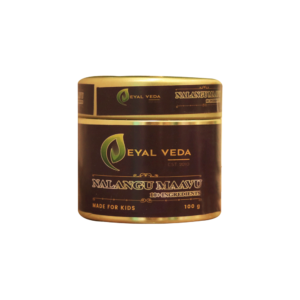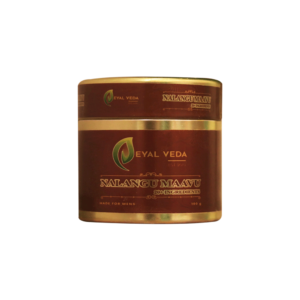No products in the cart.
Description:
Aloe vera gel is a thick, transparent fluid collected from the aloe vera plant’s leaves. For millennia, it has been utilized for its medicinal and beauty benefits. Aloe vera gel is high in vitamins, minerals, and antioxidants and provides several health advantages.
Benefits:
- Skin Hydration: Aloe vera gel is an excellent moisturizer, providing deep hydration to the skin without clogging pores. It’s suitable for various skin types, including dry and oily skin.
- Sunburn Relief: Known for its cooling properties, aloe vera gel is a popular remedy for soothing sunburned skin. It helps reduce redness, inflammation, and discomfort.
- Wound Healing: Aloe vera gel possesses natural wound-healing properties, accelerating the recovery process for minor cuts, burns, and abrasions.
- Anti-Inflammatory: The gel contains compounds that exhibit anti-inflammatory effects, making it beneficial for calming irritated skin conditions such as acne or eczema.
- Anti-Aging: Rich in antioxidants, aloe vera gel helps combat free radicals that contribute to skin aging. Regular use may reduce the appearance of fine lines and wrinkles.
- Acne Treatment: Aloe vera has antimicrobial properties that can assist in preventing and treating acne. It helps reduce inflammation and promotes healing without drying out the skin.
- Scalp Health: When applied to the scalp, aloe vera gel can help alleviate dandruff and promote a healthier scalp environment. It may also stimulate hair growth.
Suitable for:
Whether you have dry, oily, or sensitive skin, our aloe vera gel is gentle and well-tolerated, providing hydration without causing irritation.
How to use:
Skincare:
- Moisturizer: Apply a small amount of aloe vera gel to your face and neck as a lightweight moisturizer. It absorbs quickly, leaving your skin hydrated without a greasy feel.
- Sunburn Relief: For sunburned skin, gently apply a generous layer of aloe vera gel to the affected areas. Repeat as needed for soothing relief.
Acne Treatment:
- Spot Treatment: Dab a small amount of aloe vera gel onto blemishes or acne-prone areas to harness its anti-inflammatory and antimicrobial properties.
After-Shave:
- Soothing After Shaving: Aloe vera gel can be applied to soothe and moisturize the skin after shaving, reducing irritation.
Makeup Base:
- Primer: Use a small amount of aloe vera gel as a natural makeup primer for a smooth and hydrated base.
General Use:
- Daily Hydration: Incorporate aloe vera gel into your daily skincare routine by applying it to clean, dry skin for an extra boost of hydration.
Ingredients:
- Aloe Vera Extract: The main and often the primary ingredient, providing the beneficial properties associated with aloe vera.
- Citric Acid: A weak organic acid is found in citrus fruits and used in skincare formulations as a pH adjuster, antioxidant, and preservative. It helps maintain product stability and may offer exfoliating properties.
- Aqua: The base ingredient in many skincare products, providing a medium for the formulation. Water is essential for dissolving and combining other ingredients to create the desired consistency.
- Glycerin: A humectant that attracts and retains moisture, contributing to the gel’s hydrating properties.
- Carbomer: A thickening agent that helps give the gel its consistency.
- Triethanolamine: Often used to adjust the pH level of the gel for stability.
- Phenoxyethanol: A preservative that helps extend the shelf life of the product by preventing the growth of bacteria.
- Propylene Glycol: Another type of preservative that also functions as a skin conditioning agent.
What’s out:
- Parabens: These are synthetic preservatives often used in cosmetics and skincare products. Some individuals prefer paraben-free products due to concerns about their potential impact on health.
- Sulfates: Sulfates, such as sodium lauryl sulfate (SLS) and sodium laureth sulfate (SLES), are detergents used for foaming in many personal care products. Some people with sensitive skin prefer sulfate-free formulations.
- Mineral Oil/Petroleum: Some individuals prefer formulations without mineral oil or petroleum-based ingredients, as they can be heavy on the skin.
- Synthetic Colorants: Artificial colors are added to many skincare products for aesthetic reasons. Some people prefer products without synthetic colorants, especially if they have concerns about skin sensitivities.
- Silicones: While silicones can provide a smooth texture, some people prefer silicone-free products due to concerns about their impact on the environment or the potential for product buildup on the skin.
Additional information
| Weight | 100 g |
|---|








